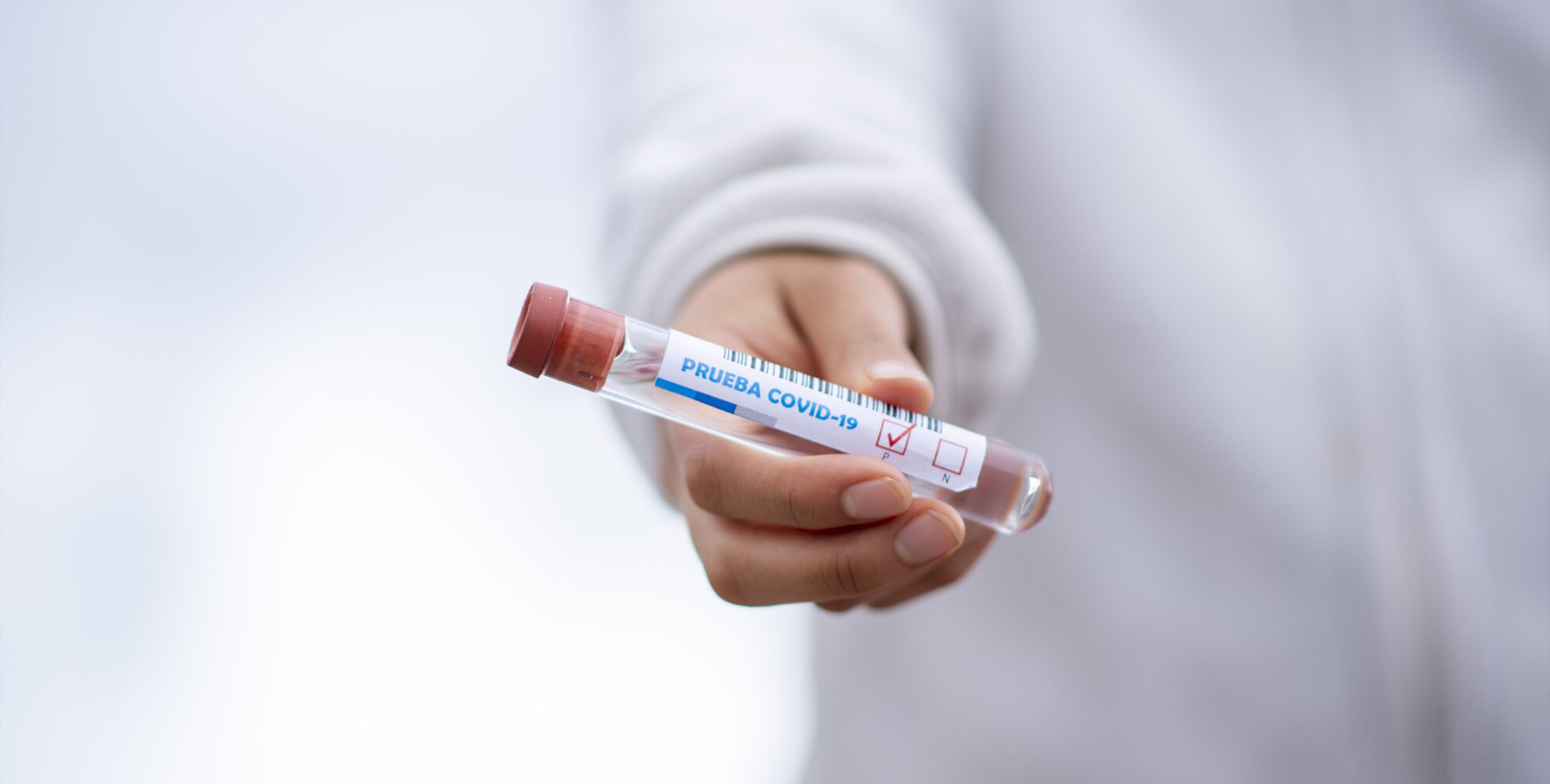Over 312 million COVID-19 tests have already been administered in the United States. But even with all this testing being done, there are still lots of questions about it.
What are these tests? Are they really effective for detecting Coronavirus? How are they administered?
This article has the answers you’ve been searching for. Keep reading to learn the 3 different types of COVID-19 tests and which one is right for you.
PCR Test
This is also known as the “molecular test.” It detects the RNA, or genetic material, of the virus through a technique called polymerase chain reaction (hence the name PCR). The results from this test should come back within a few days, but it depends on the testing facility.
In terms of COVID-19 test accuracy, this one is most effective. To receive this test, the administrator will put a swab up your nose or down your throat to collect a sample. However, self-administered tests where you send a saliva sample to the lab are becoming commonplace.
But unless you do an in-home test, you should attend a walk-in clinic or your health care provider’s office to get your PCR test.
Antigen Test
This test looks for antigens, which are foreign substances in the body that trigger an immune response. A common immune response is the production of antibodies. It is also called the “rapid test” as the results come back within an hour or so.
Similarly to the PCR test, the administrator will swab either your nose or throat for a sample.
And although it is a valid Coronavirus test, the results may not be as accurate as a PCR test. This means that if you test positive, it is accurate. But if you test negative, it may have missed the active virus in your system, giving you a false negative.
If you have COVID-19 symptoms but test negative for the Antigen test, you should go on to receive a PCR test.
Antibody Test
Unlike the Antigen or PCR test, this one cannot diagnose you with the Coronavirus. It is only effective in telling you whether or not you have been infected with COVID-19 in the past.
This is not administered as a nose or throat swab, but rather as a “finger-prick” blood test. Your blood will be analyzed for COVID-19 antibodies, which are proteins that specifically fight against the virus.
You should not receive this test until 2 weeks after infection, as your immune system needs time to build up the antibodies.
Unfortunately, it is still unknown how long immunity lasts. So if you test positive for Coronavirus antibodies, it is still important to follow COVID-19 safety protocols.
Now You Know the Types of COVID-19 Tests
Although there are different types of COVID-19 tests, the goal is always to keep you informed. So if you have any symptoms of COVID-19, please do not hesitate to get one of these tests. The more testing is done, the safer everyone will be!
Contact us to learn more about COVID-19 testing at Berea Walk-in Clinic.











